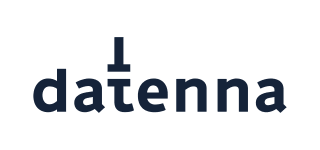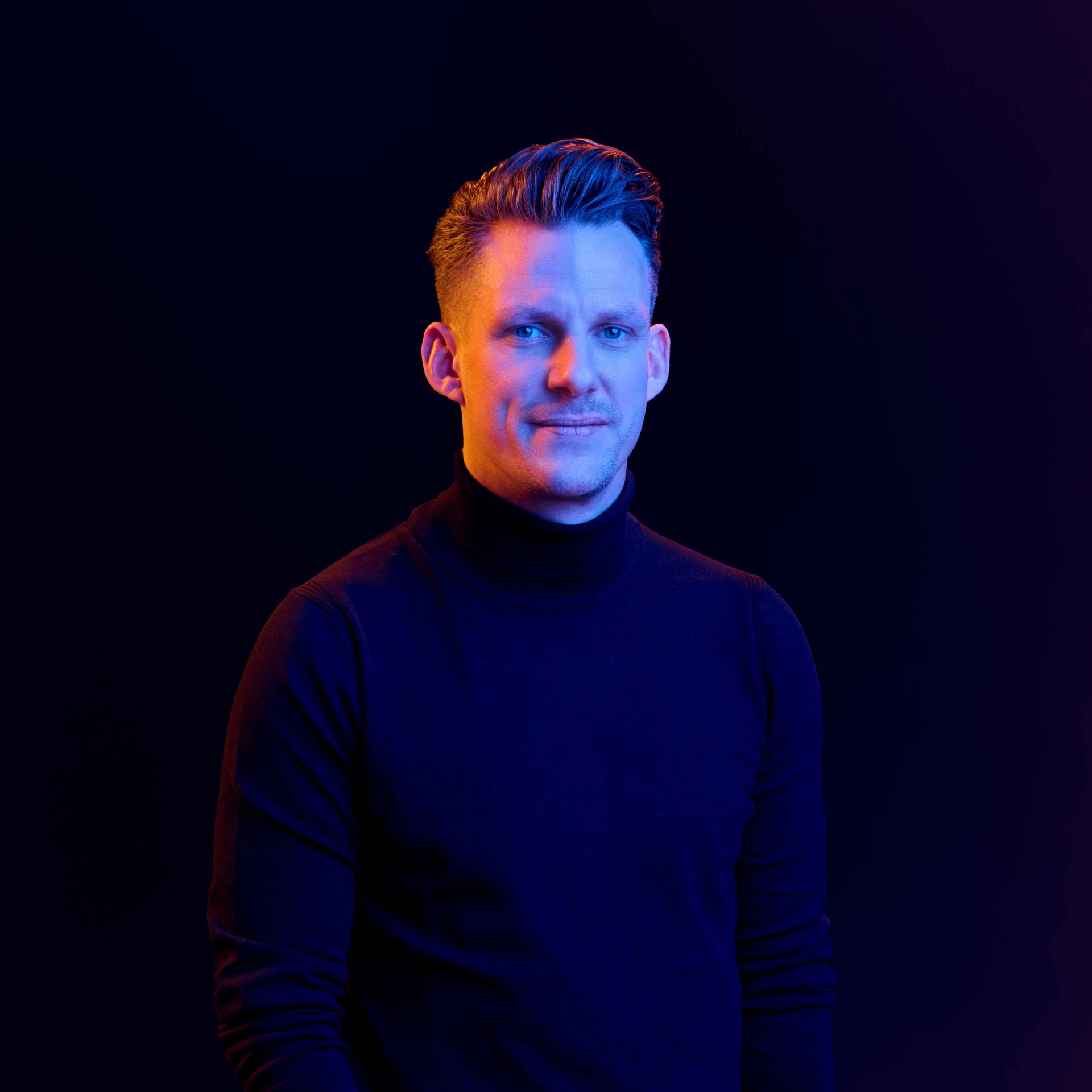Reflecting on your career, what stands out as your most significant learning experience?
“In 2017 I became HR Business Partner at a consultancy company. I thought I had found my dream job, because it combined my commercial skills with my people skills. But it turned out to be a disaster. All that I thought to be important in HR, they didn’t practice. Their HR philosophy was very top-down and business minded. I was disappointed, is this really what HR is about? Am I the only one who thinks HR should be about the people first?
I did some thorough self-investigating and reading before joining The Disruptors, a consultancy company of 3 guys that shared my perspective. They showed me I was not alone. As an entrepreneur under their name, I consulted companies on how HR could be done differently and how self-organizing teams give people responsibilities, trust and ownership. We reinvented HR: instead of lengthy job descriptions, heavy salary structures, and top-down management, we gave HR back to the people and got rid of bureaucracy. We placed the people at the center of organizations and simplified HR, using new techniques like Design Thinking, agile working and/or scrum.”

